Sixth Circuit Tosses Net Neutrality
A three-judge panel held that broadband is an information service under the Telecommunications Act.
Jake Neenan
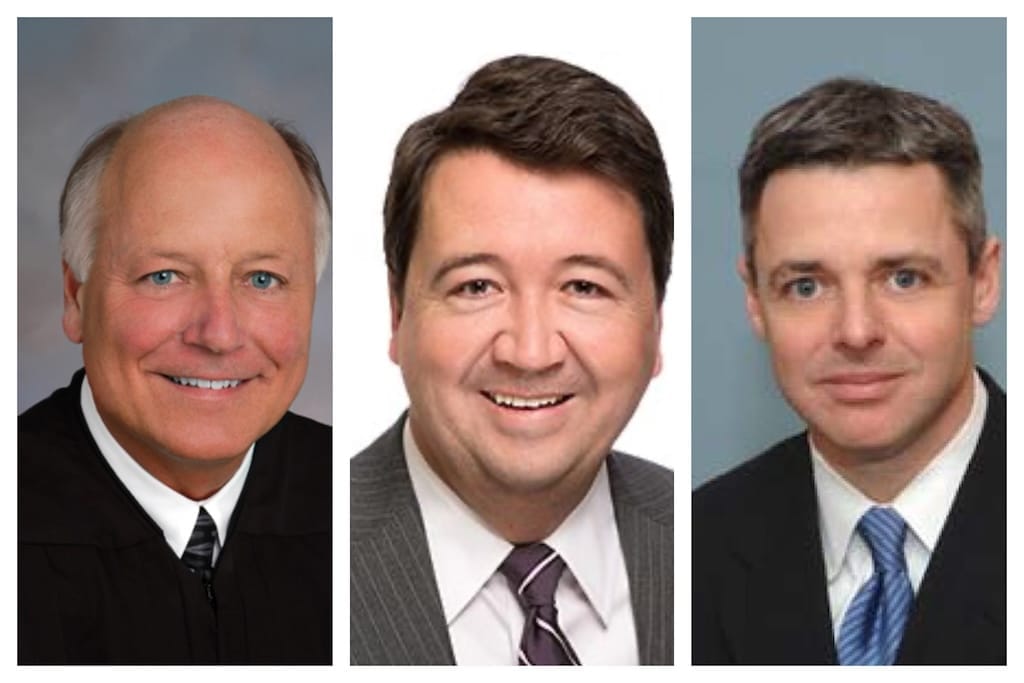
WASHINGTON, Jan. 2, 2025 – A panel of the U.S. Court of Appeals for the Sixth Circuit set aside the Federal Communications Commission’s net neutrality rules Thursday, writing that broadband is subject to light-touch regulation under the best reading of the law.
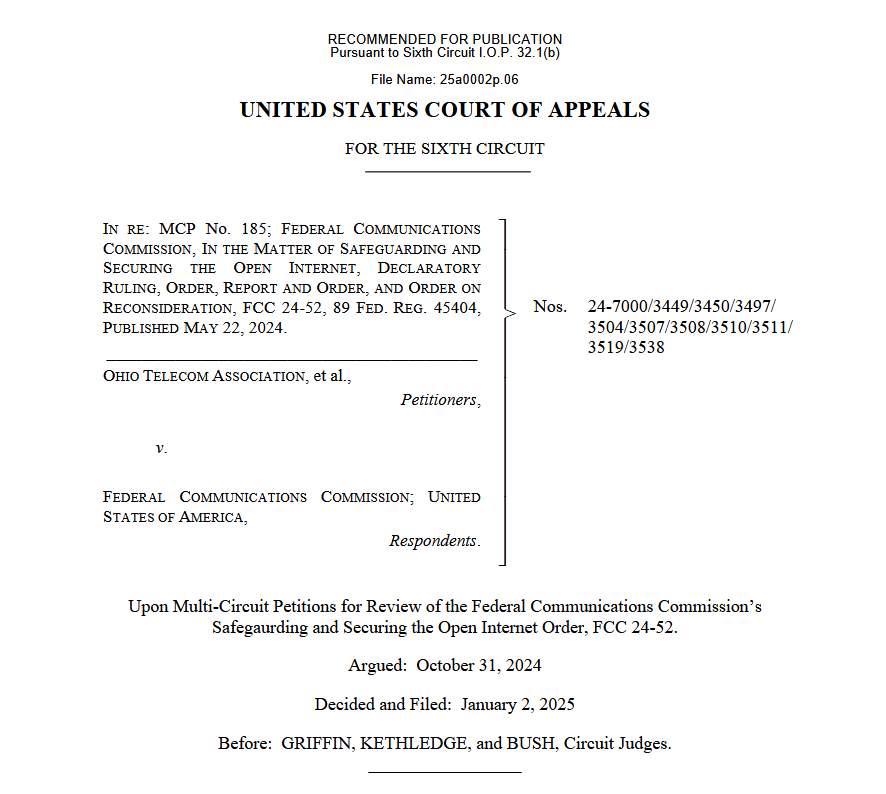
The Cincinnati-based court said the FCC misread the 1996 Telecommunications Act, arguing it required the agency to keep broadband Internet Service Providers lightly regulated.
“We conclude that the Safeguarding Order misreads the text of the Communications Act as it applies to Broadband Internet Service Providers,” Circuit Judge Richard Griffin wrote, referencing the FCC order standing up net neutrality. “The FCC exceeded its statutory authority by issuing the Safeguarding Order.”
The decision was unanimous among the three Republican-appointed judges who heard the case on Oct. 31, 2024.
It’s the latest in the yearslong game of political ping pong over the policy, which would classify ISPs as common carriers under the Telecom Act and subject them to more expansive FCC oversight. The rules are mainly intended to prevent throttling and paid prioritization of internet traffic, but can also bring outage reporting and cybersecurity requirements, among other things.
It was first instituted in 2015 during the Obama administration, then reversed in 2018 under the first Trump administration. The agency moved to reinstitute the rules in April 2024, and broadband providers convinced the Sixth Circuit to pause the order in August.
Thursday’s 34-page opinion effectively nixed the use of the Telecom Act for federal internet regulation, though state net neutrality laws will stay in effect. Past classifications and reclassifications by the FCC had been upheld by courts using Chevron deference, the practice of deferring to expert agency interpretations of ambiguous laws that the Supreme Court overruled in Loper Bright Enterprises v. Raimondo in June, 2024.
The court sided with the ISPs’ argument that the best reading of the statute would place consumer broadband in the information service category, which includes services that offer a capability to retrieve and interact with information, rather than a telecommunications service providing a simple conduit for data that gets the more stringent regulations.
“We acknowledge that the workings of the Internet are complicated and dynamic, and that the FCC has significant expertise in overseeing ‘this technical and complex area,’” Griffin wrote. “Yet, post-Loper Bright, that ‘capability,’ if you will, cannot be used to overwrite the plain meaning of the statute.”
By connecting users to information on the internet, he wrote, “Broadband Internet Service Providers plainly provide a user with the ‘capability’ to, at minimum, ‘retrieve’ third-party content.”
The issue came up at oral argument, where the FCC had pushed for a narrower reading of “capability,” arguing that telephone service, the classic telecom service example, would also be an information service by the ISPs’ logic because it allows users to do things like check voicemail and change hotel bookings.
The Sixth Circuit ultimately wasn’t receptive, writing “These ancillary services may themselves be information services. But they do not transform the categorization of telephone service because its core standalone offering is the transparent transmission of telecommunications.”
With the order set aside and the next Republican FCC unlikely to appeal, FCC Chairwoman Jessica Rosenworcel implored Congress to act.
“Consumers across the country have told us again and again that they want an internet that is fast, open, and fair,” she said in a statement. “With this decision it is clear that Congress now needs to heed their call, take up the charge for net neutrality, and put open internet principles in federal law.”
Sen. Marsha Blackburn, R-Tenn., said last month that the new GOP Congress would “try to stop the back and forth on net neutrality,” but didn’t provide specifics.
Republicans have staunchly opposed the FCC’s net neutrality efforts.
“This is bad for consumers, for businesses that rely on the internet, and for protecting broadband networks from intrusions by nation states,” said Andrew Jay Schwartzman, an attorney for the Benton Institute for Broadband and Society, which along with other consumer groups intervened in the case on the FCC’s behalf.
He found a few things to be happy about, though.
“First, the panel gave a narrow reading to the impact of the recent Supreme Court’s Loper Bright decision overruling the Chevron doctrine,” Schwartzman said in a statement. “And second, the Court did not rely on the carriers’ ‘major question doctrine’ arguments, so that the FCC will retain the power to regulate various aspects of broadband service without future Congressional action.”
Taking up another line of attack opened by the Supreme Court in recent years, ISPs had initially argued net neutrality addressed a “major question,” making it something Congress would need to explicitly tell an agency to do. The separate Sixth Circuit panel that paused the order did so on those grounds, but the judges hearing the case opted to focus instead on the text of the statute.
The broadband trade groups challenging the rules were predictably pleased. They include major national industry associations like USTelecom, NCTA, and CTIA, as well as state-level ISP groups from Ohio, Florida, Missouri, and Texas.
The groups said in a joint statement that the decision was “not only the proper reading of the statute but a victory for American consumers that will lead to more investment, innovation, and competition in the dynamic digital marketplace. Since the birth of the internet, bipartisan Administrations and policymakers have recognized the virtues of a light-touch approach to broadband regulation.”
Brendan Carr, the FCC’s senior Republican and the incoming chairman, also hailed the ruling. He implied he would roll back other rules instituted by the Rosenworcel FCC, something he’s expected to do.
“I am pleased that the appellate court invalidated President Biden’s Internet power grab by striking down these unlawful Title II regulations,” he said. “But the work to unwind the Biden Administration’s regulatory overreach will continue. I welcome the chance to advance a policy agenda that will deliver great results for the American people.”


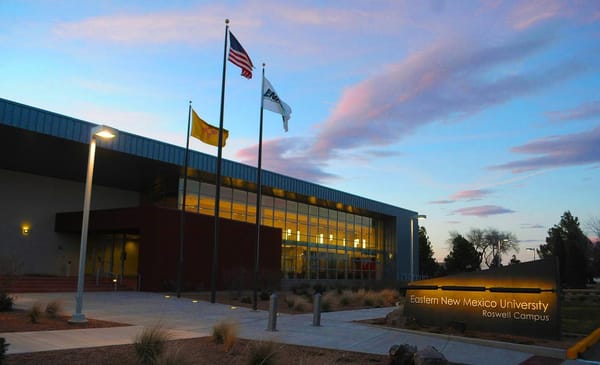
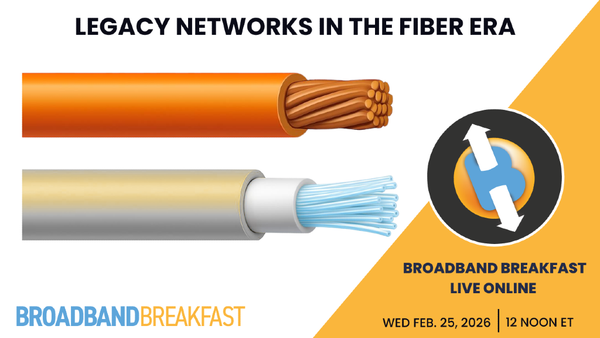
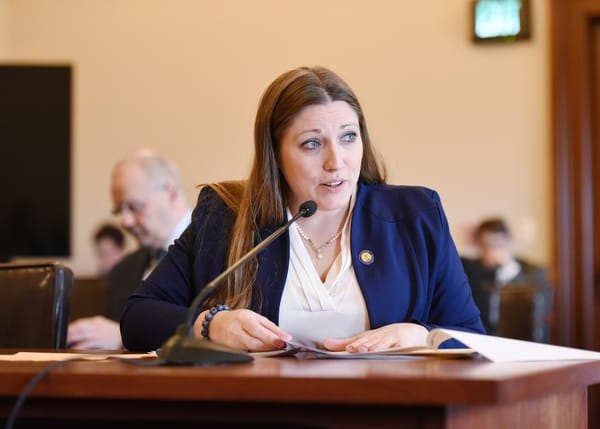
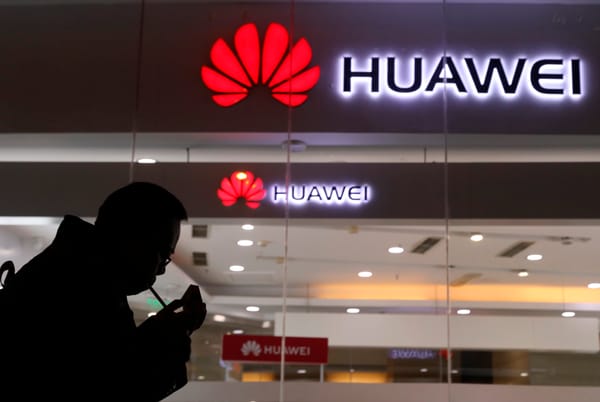



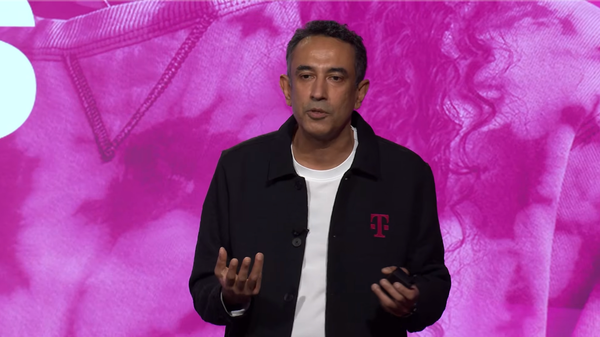
Member discussion